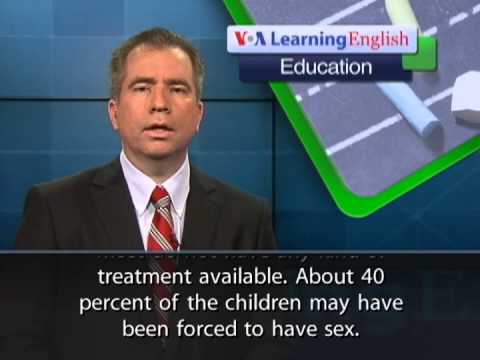Disagreement Over Value of Shelters for Street Children in Ethiopia
 |
From VOA Learning English, this is the Education Report.
Street children in Ethiopia say their biggest need is shelter. But a study shows that local
nongovernmental organizations and community groups rarely offer what
the street children want. The international aid group Save the Children did the study. One of the researchers says the limited services provided by local NGOs do
not match what the children see as their greatest needs. Save the Children talked with
children living on the streets in five major cities, three regional towns and eight rural villages. The children discussed many subjects, including their needs,
their health and the risks they face. There are about 30,000 street children in Ethiopia.
About 17,000 of them live in the capital, Addis Ababa. More than half
of the children do not have access to shelter or enough food.
They survive mostly on what they receive from shining shoes, selling
small items to passersby and appealing to strangers for help.
The street children face health threats. Research shows that about
30 percent are seriously sick, but most do not have any kind of
treatment available. About 40 percent of the children may have
been forced to have sex. The children believe that having
shelter will reduce these kinds of risks. The child assistance group
GOAL Ethiopia used to provide shelter for street children. But it found that this discouraged the children from re-entering their own communities. The Ethiopian government is finishing work on a National Social Protection Strategy.
It will include new ways of providing support to families to reduce poverty and keep children off the streets. For VOA Learning English, I'm Mario Ritter.
(Adapted from a radio program broadcast 16May2013)
|




